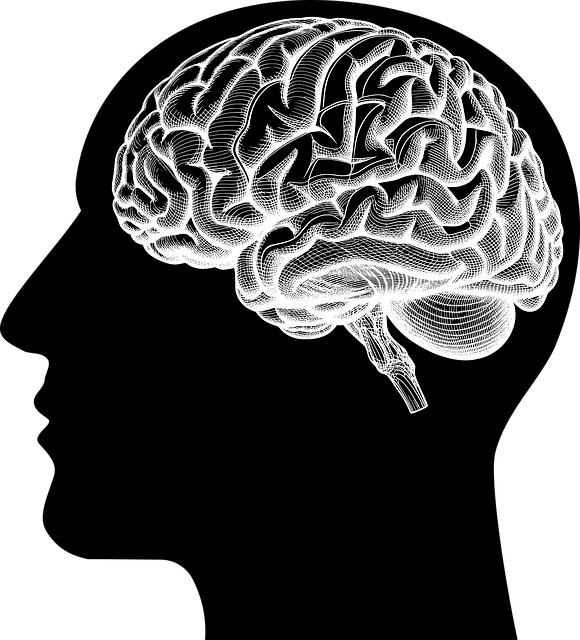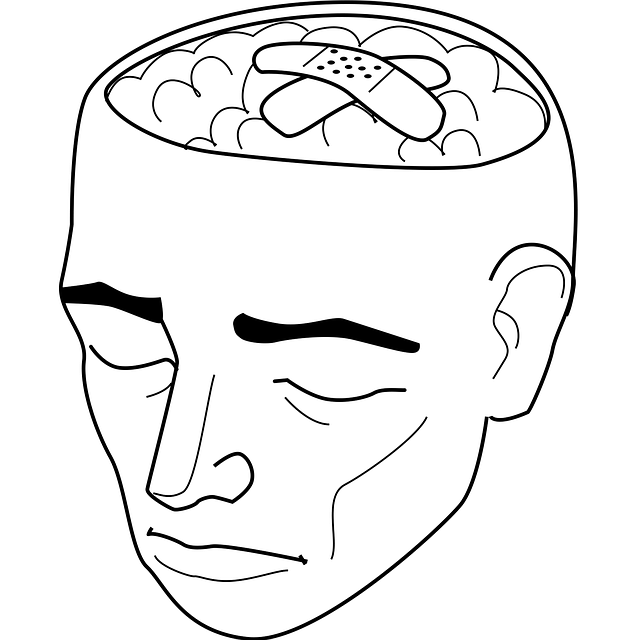Burnout among healthcare providers, especially those involved in direct patient care like Parker ADD-ADHD evaluations and therapy, is a growing concern impacting well-being, patient care, and the healthcare system. High-stress environments and lack of support systems contribute to emotional exhaustion and reduced personal accomplishment. Strategies such as self-esteem techniques, conflict resolution training, and mind over matter principles foster resilience and enhance coping mechanisms. Parker ADD-ADHD evaluations are powerful tools for identifying and supporting individuals with Attention Deficit Disorder (ADD) or ADHD, preventing burnout through personalized therapy programs. Systemic strategies to prevent burnout include mental health support services, tailored trauma support, well-being planning, open discussions about mental health, access to specialized therapies, peer support networks, and flexible work arrangements.
Healthcare provider burnout is a growing concern, impacting not just individuals but the entire healthcare system. This article delves into strategies to prevent this critical issue, focusing on early identification and support for mental health challenges like ADHD using tools like Parker ADD-ADHD Evaluations. We explore effective interventions to foster resilience and well-being among healthcare professionals, ensuring they can continue to provide quality care.
Key sections cover understanding burnout’s causes, the role of evaluations in prevention, and practical strategies for a healthier workforce.
- Understanding Burnout Among Healthcare Providers: Causes and Impact
- Parker ADD-ADHD Evaluations: A Tool for Early Intervention and Support
- Effective Strategies to Prevent Burnout in Healthcare Professionals
Understanding Burnout Among Healthcare Providers: Causes and Impact

Burnout among healthcare providers is a growing concern, impacting not just individual well-being but also patient care and the overall healthcare system. It manifests as a state of emotional exhaustion, depersonalization, and reduced personal accomplishment, often stemming from prolonged exposure to high-stress environments. Healthcare professionals, especially those involved in direct patient care, frequently face demanding workloads, long hours, and complex ethical dilemmas. These factors contribute to a significant risk of burnout, which can lead to decreased job satisfaction, increased stress levels, and potential harm to patients.
One key aspect to understanding burnout is recognizing the interplay between professional and personal life. The demands of healthcare work, such as those involved in Parker ADD-ADHD evaluations and therapy sessions, can significantly affect a provider’s mental health, especially if proper support systems are not in place. Self-esteem improvement techniques, conflict resolution training, and adopting mind over matter principles have been identified as valuable tools to combat burnout. These strategies promote resilience, enhance coping mechanisms, and foster a sense of control, enabling healthcare providers to better manage stress and maintain their well-being in challenging professions.
Parker ADD-ADHD Evaluations: A Tool for Early Intervention and Support

The Parker ADD-ADHD Evaluations are valuable tools for healthcare providers to identify and support individuals with Attention Deficit Disorder (ADD) or Attention Deficit Hyperactivity Disorder (ADHD). Early intervention is crucial in managing these conditions, and these evaluations offer a comprehensive approach. By assessing symptoms, cognitive functions, and emotional intelligence, healthcare professionals can tailor therapy programs that address specific needs. This proactive strategy not only enhances the quality of life for individuals with ADD/ADHD but also prevents potential burnout by providing targeted support from the outset.
Incorporating Parker ADD-ADHD Evaluations into practice ensures a structured understanding of patients’ challenges. The assessments guide crisis intervention guidance, enabling healthcare providers to offer immediate assistance and develop long-term strategies. Furthermore, they can facilitate social skills training, which is essential for improving interpersonal interactions and overall well-being. This multi-faceted approach not only benefits the patient but also reduces the risk of burnout among caregivers by offering a holistic and effective treatment plan.
Effective Strategies to Prevent Burnout in Healthcare Professionals

Preventing burnout among healthcare professionals is a critical aspect of maintaining a healthy and productive workforce. It’s essential to recognize that burnout isn’t just an individual issue but a systemic challenge within the healthcare industry. To tackle this, several effective strategies can be implemented.
One such approach involves integrating comprehensive mental health support services, including Parker ADD-ADHD evaluations and therapy, into the healthcare system. Risk Management Planning for Mental Health Professionals plays a pivotal role here by prioritizing employees’ well-being. Trauma Support Services and Mental Health Education Programs Design should be tailored to meet the unique needs of healthcare workers. By fostering an environment that encourages open discussions about mental health, provides access to specialized therapies, and offers resources for stress management, organizations can significantly reduce burnout rates. Additionally, regular check-ins, peer support networks, and flexible work arrangements can contribute to a healthier, happier, and more resilient workforce.
Healthcare provider burnout is a growing concern, but with proactive strategies, it can be mitigated. By understanding the causes and impact of burnout, healthcare organizations can implement effective solutions such as early intervention through Parker ADD-ADHD Evaluations, which offer valuable therapy support. These measures are crucial in fostering a healthier work environment, enhancing job satisfaction, and ensuring professionals can provide optimal patient care without burning out.










